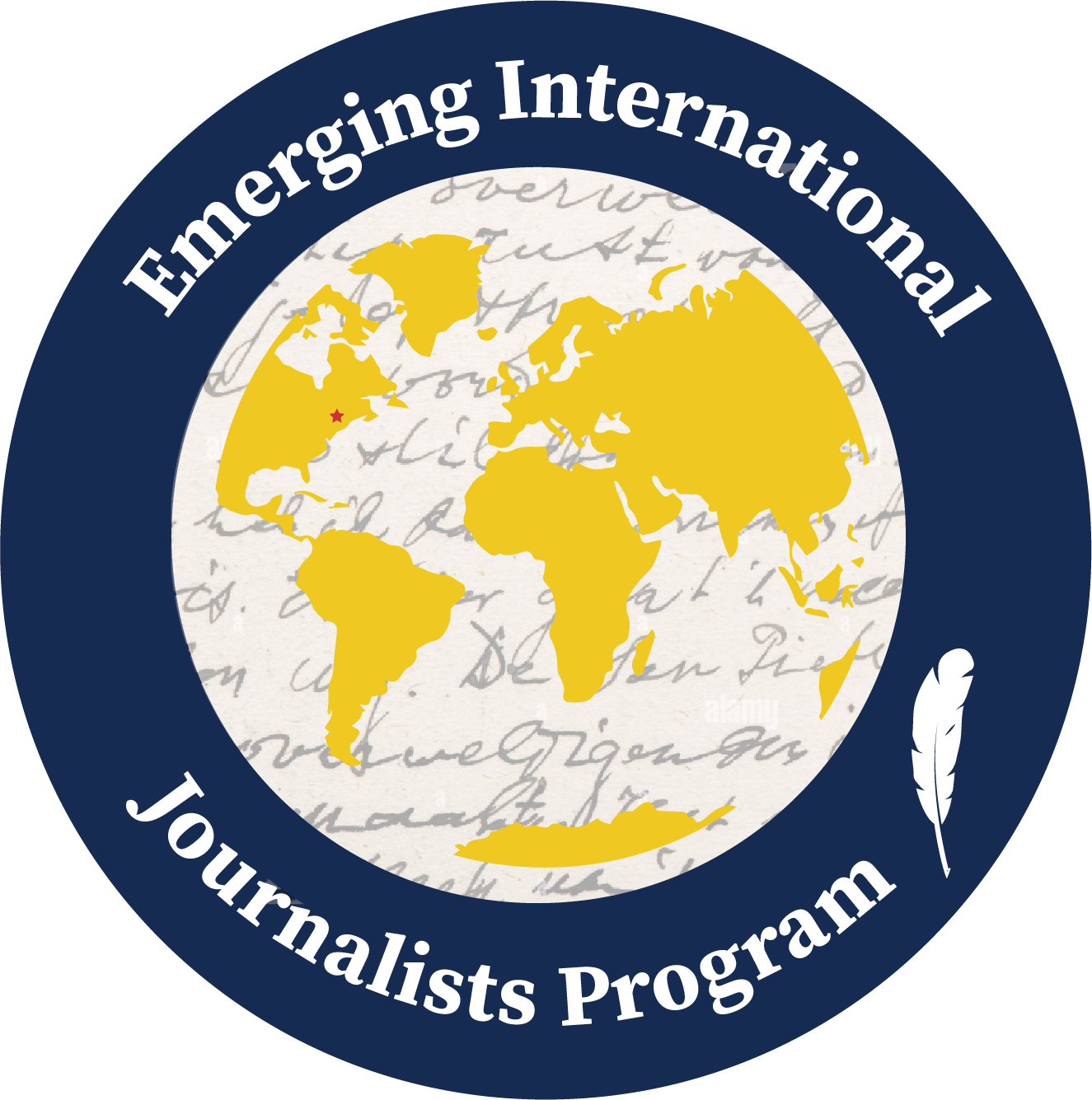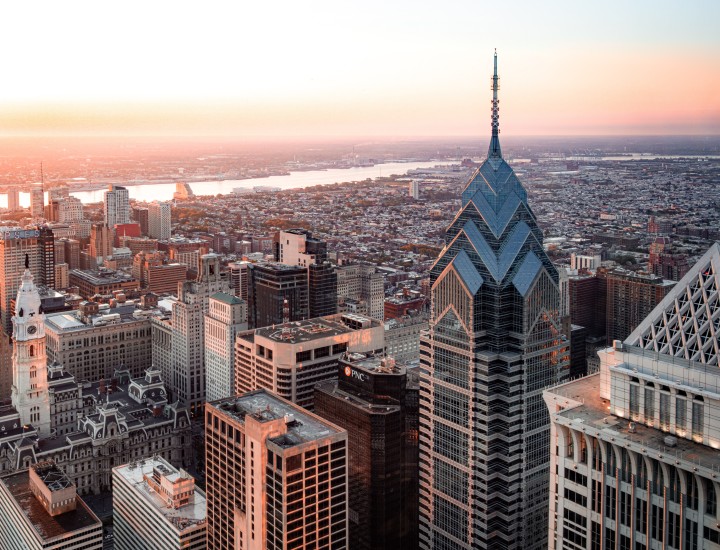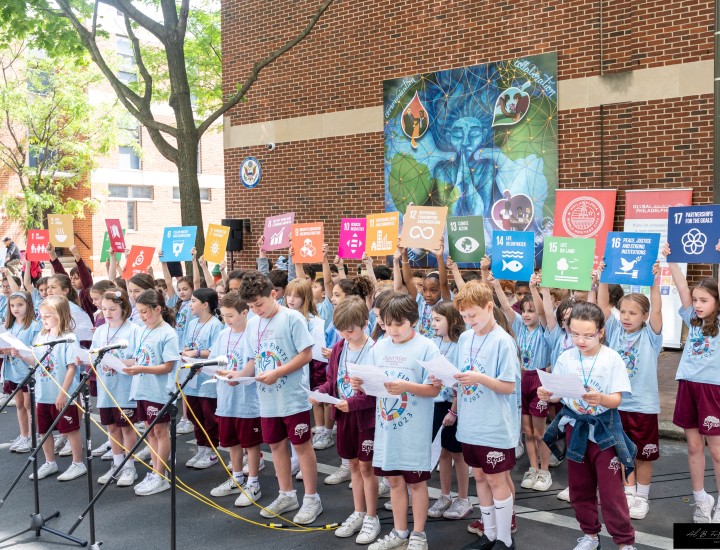Bridging Global Negotiations and Local Change: My COP29 Experience
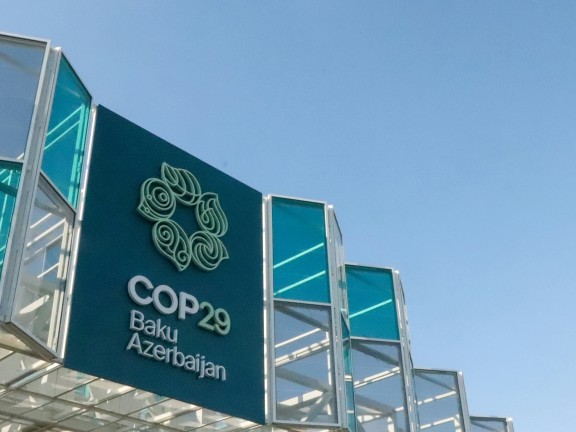
In 2024, the 29th annual United Nations Framework Convention on Climate Change (UNFCCC) Conference of the Parties (COP29) was held in Baku, Azerbaijan. COP is the decision-making body of the UNFCCC, bringing together representatives from nearly every country to negotiate and coordinate global climate policy. Each year, delegates debate critical issues such as emissions reductions, adaptation, climate finance, and loss and damage. Beyond formal negotiations, COP also serves as a hub for dialogue among civil society, youth, and technical experts. The stakes are high—decisions made at COP shape the future of international climate action.
Since 2013, Swarthmore College has held official observer status with the UNFCCC, allowing student and faculty delegates to attend the annual COP. Observers are a key component of the UNFCCC framework. Negotiations are not closed-door events, and non-governmental organizations and intergovernmental organizations are present, to monitor and contribute to global climate dialogue. As an official observer organization, Swarthmore is able to send student and faculty representatives to COP each year. Every fall, a small group of students is selected to represent Swarthmore at the conference. Typically, four to six students are chosen, with two to three attending during one of the two weeks alongside a faculty or staff advisor.
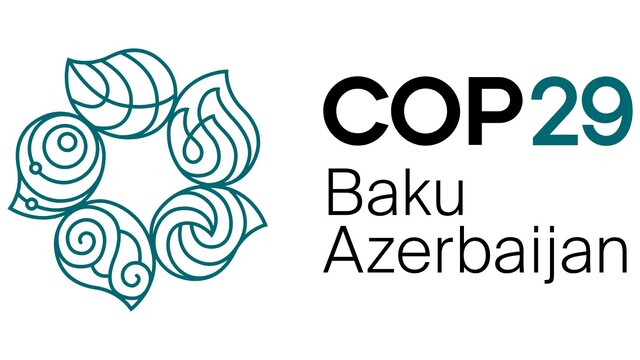
In preparation to attend, students participate in a preparatory course focused on the broader climate governance landscape, the history and structure of the UNFCCC, and key issues up for debate. The course also equips students with the tools to navigate the complex COP logistics, from reading dense agreements to deciphering negotiation schedules and understanding key acronyms and coalitions. These skills sharpen our ability to engage with complex political and technical issues, a valuable asset for any student hoping to work in policy, advocacy, or international affairs. They’re also relevant in local contexts—like Philadelphia—where climate initiatives increasingly demand cross-sector collaboration, systems thinking, and policy literacy.
One of the strengths of the program is the high degree of autonomy it gives students. Each student selects a specific issue area to follow—often aligned with their major, research, or professional interests. Past students have focused on topics such as climate finance, biodiversity, loss and damage, Indigenous rights, and youth-led activism. This structure encourages students to connect their academic work with real-time global policymaking.
At Swarthmore, I am double majoring in economics and political science. While attending COP29, my primary focus was on the negotiations surrounding the New Collective Quantifiable Goal (NCQG)—a new climate finance target meant to replace the $100 billion annual goal set in the Paris Agreement for post-2025.
Climate finance, provided largely by developed countries, supports developing nations in their efforts to adapt to and mitigate climate change, as well as address loss and damage. These financial commitments are especially important because the countries most vulnerable to climate change are often those that have contributed the least to global emissions.
The NCQG is intended to scale up climate finance, strengthen transparency, and ensure that countries most at risk are better equipped to respond to climate impacts. Because of its focus on funding mechanisms, COP29 was widely referred to as the “Finance COP.” One of the most contentious issues on the table was the size and duration of the new finance goal. Many developing countries pushed for a $1.3 trillion target, while others proposed more incremental steps. Ultimately, the agreement landed on $300 billion annually by 2035—a notable increase but still short of the most ambitious proposals.
Each day at COP is packed. Dozens of negotiations and side events happen simultaneously, so the night before, our group would pore over the conference schedule to decide which sessions we wanted to attend. Even with careful planning, my daily schedule shifted constantly once inside the venue.
We’d typically arrive before 9:00 AM to attend the daily coordination meeting, where we got updates on major developments and negotiation dynamics. From there, I would split my time between negotiation sessions—like plenaries led by the COP President—and side events hosted by NGOs, government delegations, or international institutions. Many of the events I attended focused on climate finance, but I also made space to drop into panels on intergenerational equity and regional adaptation strategies.
Other students on the delegation had similarly impactful experiences. Emily Kerimian, one of my peers, reflected on the experience and told me, “COP-29, in Baku, Azerbaijan was the farthest I had ever traveled. Having the opportunity to speak with environmental negotiators and other professionals from around the world was monumental and inspired me to continue fighting for a more environmentally just world. In law school, I plan to study International and Comparative Law to effect the kind of change I witnessed at the UNFCCC's prestigious conference.”
Being in Baku—surrounded by people from every corner of the world—was both humbling and energizing. It forced me to think beyond national borders and consider how international frameworks are shaped by politics, economics, and justice. I saw firsthand that global cooperation is about more than shared goals—it’s also about hard compromises, unequal capacities, and differing visions of fairness.
At the same time, I started to think more about how these conversations apply at the local level. Philadelphia, like many cities, is facing critical decisions around resilience, decarbonization, and equity. Global frameworks like the Sustainable Development Goals (SDGs) offer a useful lens for thinking through these challenges. For example, one idea discussed at COP—climate budgeting—could be piloted here. By integrating climate impact assessments into the city’s annual budget process, Philadelphia could align fiscal planning with its emissions and adaptation targets, similar to approaches adopted in other cities.
This experience also reshaped how I think about my future. As someone studying political science and economics, I’ve always been interested in how policy is made. But at COP, I saw how technical financial debates—about metrics, timelines, and delivery mechanisms—are grounded in very real human stakes. That connection between the abstract and the personal is what now drives me to pursue public-facing work that’s rooted in justice and impact.
Traveling abroad for this conference challenged my assumptions, sharpened my curiosity, and gave me a deeper appreciation for how local and global efforts must align to confront the climate crisis. As a student in the Philadelphia region, I’m proud to be part of a network of institutions that supports international engagement not as a box to check—but as a tool for building more informed, more connected, and more committed changemakers.
